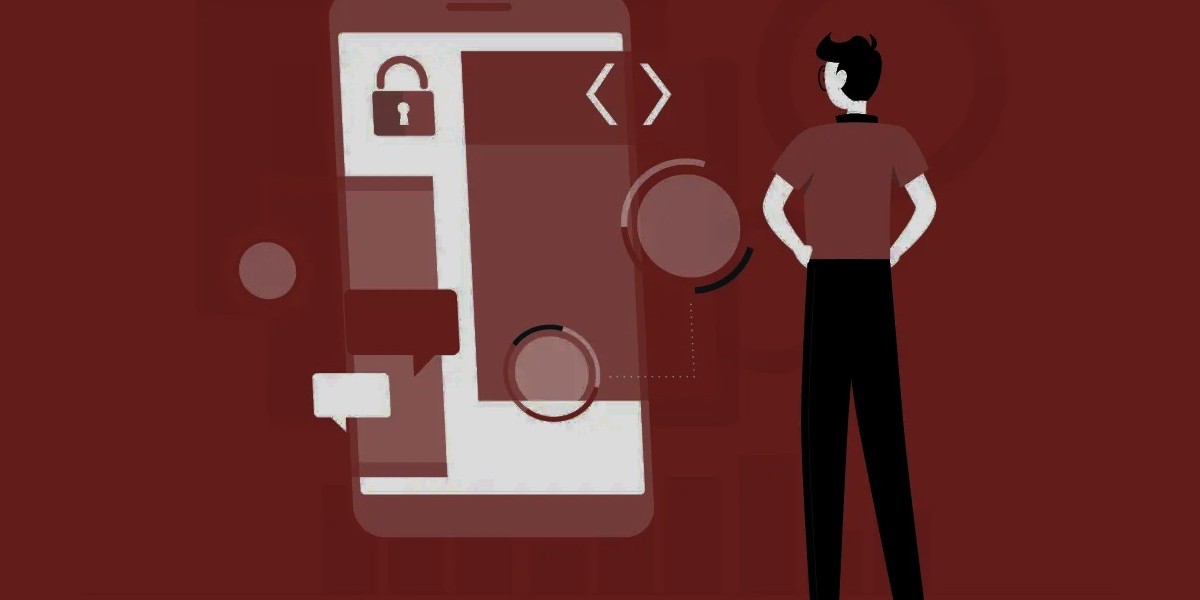It is well-known that young children learn best through play. However, in modern society, educators face increasing demands to adhere to specific curriculums and academic standards, resulting in reduced time for free play in classrooms.
Research indicates that guided play is a more effective method of early childhood learning than traditional teaching approaches. Guided play at kindergartens in Singapore plays a vital role in early childhood education, allowing children to discover and learn at their own pace with the support of a dedicated teacher.
What Exactly is Guided Play?
Guided play, as implemented in one of the global international schools in Singapore, refers to a style of play directed by an adult or caregiver. This type of play enables children to learn new skills and ideas in an entertaining manner, fostering enjoyable interactions. For example, younger children can engage in guided pretend play using puppets or toys, while older kids may participate in more structured activities such as arts and crafts projects.
Guided play is not only enjoyable for students of all ages but also offers numerous benefits. In addition to essential life skills, students participating in guided play develop positive self-confidence and self-esteem. Hence, it has become an integral component of the education model in contemporary institutions such as global international schools based in Singapore.
Key Benefits of Guided Play Learning for Kids
Guided play, beyond being simply fun, presents a great opportunity for students to unleash their imaginations and foster creativity. Along the way, it allows students to:
1. Learn Something New:
Guided play, though it may appear as a child's game, becomes an integral part of early childhood development. In a school setting, guided play helps students develop crucial skills such as problem-solving, critical thinking, and communication – skills best acquired outside the traditional classroom. By engaging in such activities, students learn new skills more efficiently, enabling them to explore and test new ideas in a secure, positive space through guided play.
2. Become Socially Active:
When children play, they actively engage in learning how to interact with others. Communication and collaboration skills are developed as they work towards shared goals. This type of play also helps children enhance their problem-solving skills, fostering creative thinking and proposing new solutions as they face challenges together.
3. Develop an Attachment Toward Learning:
In a safe and structured environment provided by guided play, children can learn extensively about the world around them. By being in control of their own learning experience, students can explore and play at their own level, ultimately developing an attachment towards learning. Guided play has proven to be an effective method for nurturing young children's love for learning.
Conclusion
When schools implement a guided play policy, they create a learning environment at the early childhood level that enhances education. Guided play allows students to learn and perceive things in their own way, with the support of an adult. This type of play significantly contributes to children's development in social, emotional, and cognitive areas.








